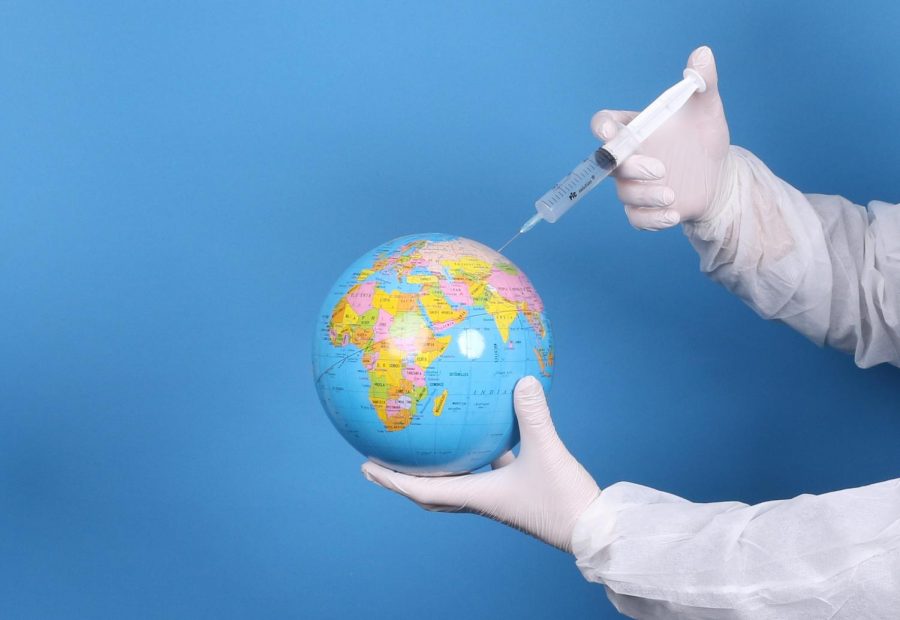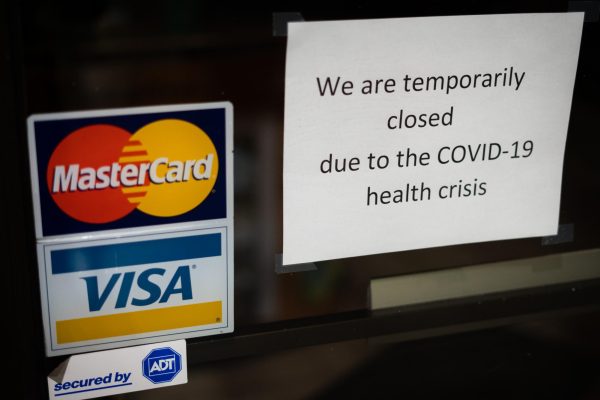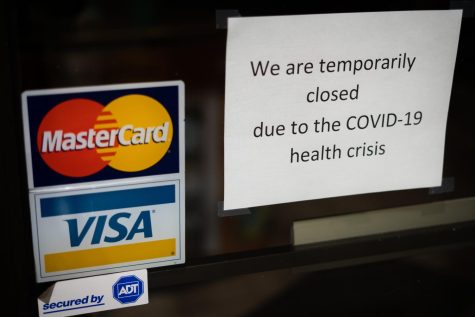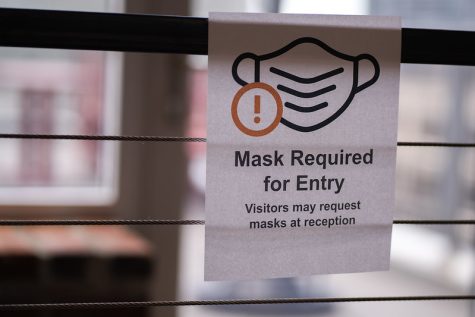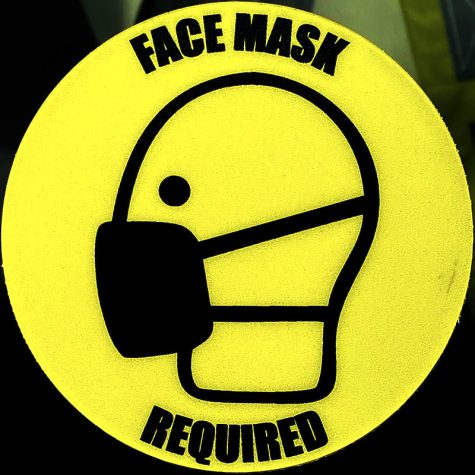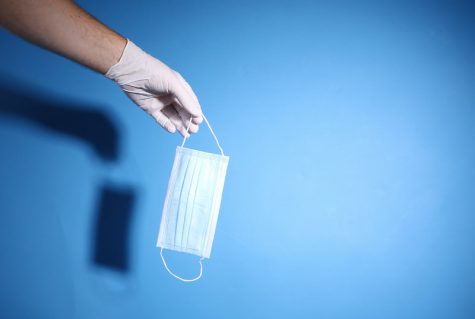Health experts warn of misleading information about COVID-19 vaccine being shared on social media platforms
Arizona state-run vaccine sites are set to close by June 28
March 18, 2021
Myths about the side effects of the COVID-19 vaccine are running rampant on social media platforms and health experts broke down what is real and what is not.
According to The Arizona Republic, the safety monitoring program for the COVID-19 vaccine is the most comprehensive in U.S. government history.
113 deaths were reported to the FDA research team and CDC researchers found the deaths were consistent with all-cause mortality rates, “and did not indicate any unexpected pattern that might suggest a causal relationship with vaccination.”
Claims that the vaccine causes hospitalizations are said to be unlikely. The Vaccine Adverse Event Reporting System is monitored by the CDC and it’s noted that severe reactions to the vaccine are rare. In the U.S., 13.8 million doses were given and 7,000 reports were processed of side effects. Of those, 91 percent were classified non-serious and 9 percent (640) were classified as serious, according to the CDC.
Common side effects are headaches, fatigue and dizziness but since the vaccines do not contain the live virus and do not interact with DNA those side effects are a signal that the vaccines are working. This means the body is active and learning how to fight off the virus for the future.
Claims that the vaccine decreases fertility or harms reproductive organs have also been disproven, according to the American College of Obstetricians and Gynecologists.
“Unfounded claims linking COVID-19 vaccines to infertility have been scientifically disproven. ACOG recommends vaccination for all eligible people who may consider future pregnancy.”
If pregnant, ADHS suggests to talking to your health care provider. The CDC says pregnant people may be at an increased risk but research on this demographic is underway and are “unlikely to pose a specific risk”.
And finally, the vaccine doesn’t give the individual coronavirus. Since the vaccines actually do not have the live virus but proteins that cause the immune system to react and create antibodies, there is no risk of contracting COVID-19 from a vaccine.


